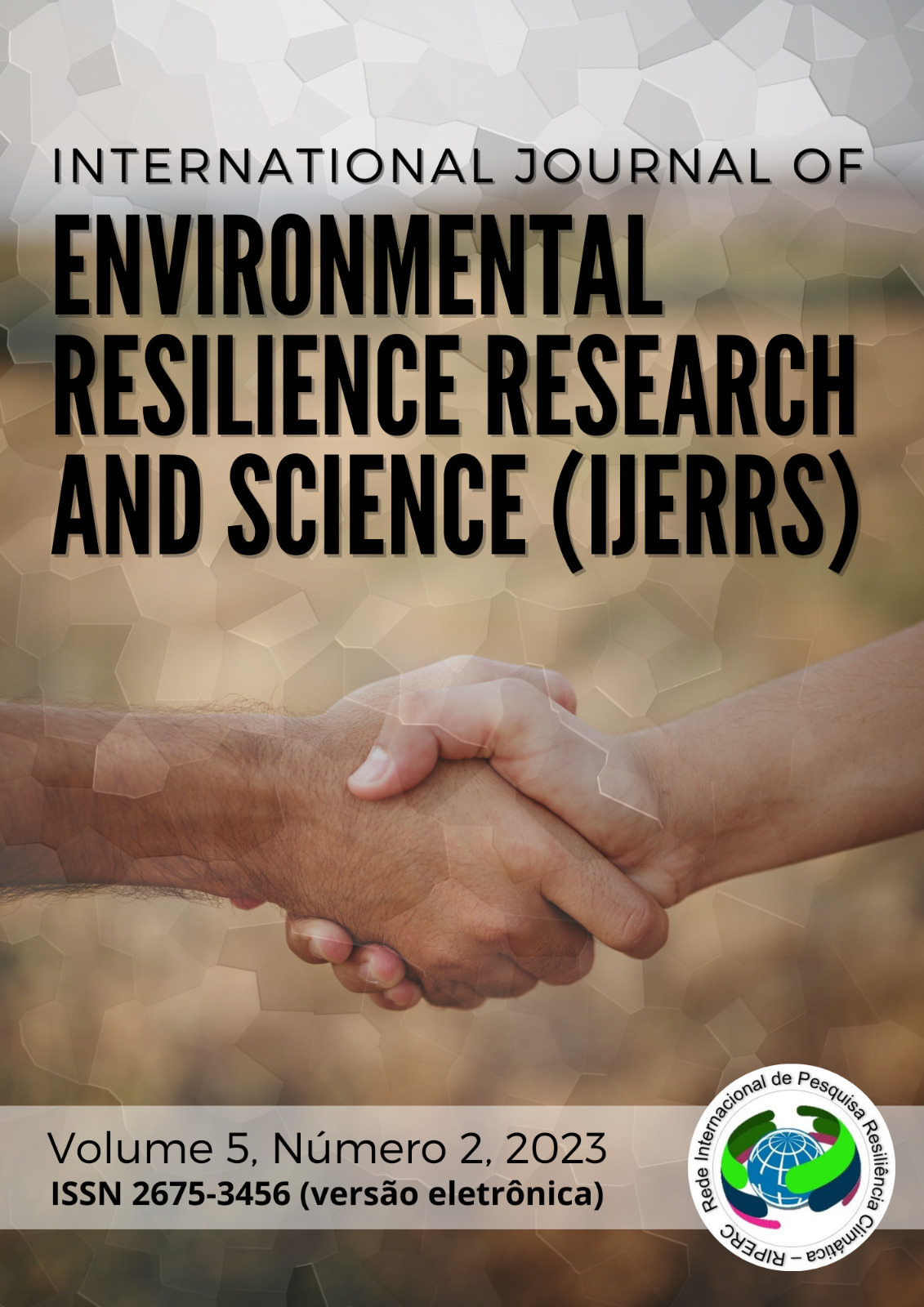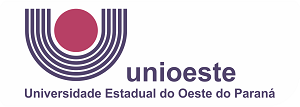What We Need to Know When We Talk About Climate Environmental Education? discussion on a book from “Les Sept Savoirs Nécessaires à l`Education au changement climatique”
DOI:
https://doi.org/10.48075/ijerrs.v5i2.32088Abstract
This paper presents a discussion of the book "The Seven Necessary Knowledge for Education About Climate Change", written by Alfredo Pena-Vega, published by Cortez Editora in 2023. The text brings reflections from the authors on their interactions in the interview given by Dr. Alfredo Pena-Vega to the authors, published on the YouTube Channel NAPI CLIMATE EMERGENCE - RIPERC Research Network. The book is thought-provoking and challenging in proposing that understanding climate change and working with it in an educational way is an ethical commitment from older people to younger people. This ethical commitment involves both building knowledge about climate change equally between generations and people and creating mechanisms so that the voice of the youngest and poorest is heard. This requires that knowledge about what is happening to the climate be studied outside of the watertight boxes in which it exists today and understood as something that permeates all activity and all human life. The entire interview and also the book are enriched with examples, discussions and reflections on the activity of the Global Youth Climate Pact, an activity developed by Pena-Vega at a global level with young people of school age.
[1] French original: Les Sept Savoirs Nécessaires à l`Education au changement climatique
Downloads
Published
Versions
- 21-12-2023 (2)
- 21-12-2023 (1)
How to Cite
Issue
Section
License
Copyright (c) 2023 International Journal of Environmental Resilience Research and Science

This work is licensed under a Creative Commons Attribution-NonCommercial-ShareAlike 4.0 International License.
Aviso de Direito Autoral Creative Commons
Política para Periódicos de Acesso Livre
Autores que publicam nesta revista concordam com os seguintes termos:
1. Autores mantém os direitos autorais e concedem à revista o direito de primeira publicação, com o trabalho simultaneamente licenciado sob a Licença Creative Commons Attribution que permite o compartilhamento do trabalho com reconhecimento da autoria e publicação inicial nesta revista.2. Autores têm autorização para assumir contratos adicionais separadamente, para distribuição não-exclusiva da versão do trabalho publicada nesta revista (ex.: publicar em repositório institucional ou como capítulo de livro), com reconhecimento de autoria e publicação inicial nesta revista.
3. Autores têm permissão e são estimulados a publicar e distribuir seu trabalho online (ex.: em repositórios institucionais ou na sua página pessoal) a qualquer ponto antes ou durante o processo editorial, já que isso pode gerar alterações produtivas, bem como aumentar o impacto e a citação do trabalho publicado (Veja O Efeito do Acesso Livre).
Licença Creative Commons
Esta obra está licenciada com uma Licença Creative Commons Atribuição-NãoComercial-CompartilhaIgual 4.0 Internacional, o que permite compartilhar, copiar, distribuir, exibir, reproduzir, a totalidade ou partes desde que não tenha objetivo comercial e sejam citados os autores e a fonte.









